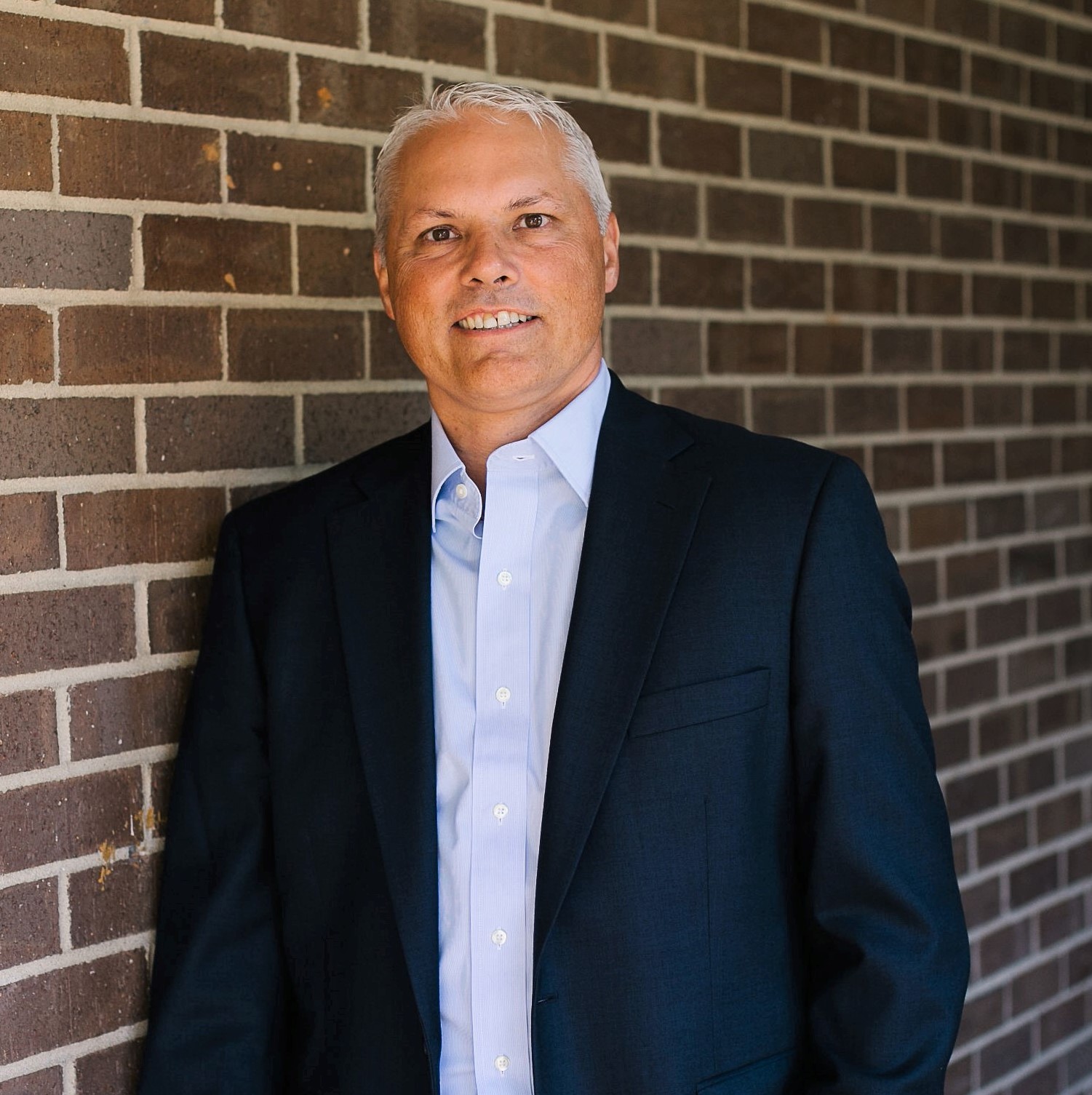Global View Investment Blog
Financial Planning Horror Stories to Avoid
Choosing the wrong financial path can be, well, horrible. The saddest cases involve large mistakes that can’t be undone. This is especially dire for seniors, who may not have decades to recover from bad advice. Some of the financial planning horror stories I’ve heard over the years involve the same mistakes, so let’s take a look at some of these common missteps and the lessons to draw from them.
Unrealistic Real Estate
“John” and his wife were new parents, but barely a month after welcoming their first child, John realized that they would need more income in order to afford a house. His solution was to flip properties – buy run-down houses, fix them up and sell them for a profit. John purchased a three-bedroom home at auction, and then poured substantial money and time into restoring it. However, he did not perform due diligence on the house’s title, which had unaddressed problems. Correcting the title problems took more time and money. John eventually sold the house at a $5,000 loss.
John realized he was unprepared when he jumped into real estate investing. He did not have sufficient budget for his first project, and he did not understand the risks of purchasing property without due diligence. If John had consulted with a fee-only fiduciary financial advisor before jumping in to his risky endeavor, he may have seen some of the possible pitfalls and risks before taking a leap. An objective viewpoint could have steered him away from his real estate investment.
Lesson Learned: John had neither the budget nor expertise to embark on his costly investment. When taking a large financial risk in an area in which you have no experience, it’s wise to seek guidance from someone with the required financial expertise first. Why? Read this recent blog post: Financial Planning Trends: Do It Yourself or Hire an Advisor?
Financial planning can be complex. Contact Global View to see how we can help.
Untamed Impulse
“Jeff” took early retirement at age 55. He had amassed a $1 million portfolio, and to his credit, he worked out a plan with a financial advisor to conserve his wealth until he could start taking Social Security benefits. A month later, Jeff informed his advisor that he had purchased an expensive truck that was definitely not in the budget. Worse yet, he had to pull money out of his traditional IRA to pay for the truck due to the taxes and 10 percent penalty on the early withdrawal.
In discussing the purchase with his advisor, Jeff admitted he didn’t really need the truck, but that he just wanted it. Unfortunately, the dent it made in his financial plan caused him to start selling off his investment portfolio, which robbed him of anticipated income. Within two years, he had to go back to work.
There’s nothing wrong with buying a long-desired item if you can afford it. Jeff had done the right thing by working out a financial plan that would take him into retirement. However, he then impulsively tossed the plan out the window.
Lesson Learned: If you have a financial plan, either stick to it or modify it in a realistic way. The plan should help you tame your spending impulses, so ignoring it can put you in a world of hurt. At the very least, work with your financial advisor before taking an impulsive plunge – a little common sense could save you from a costly mistake.
Too Much Company Loyalty
In 2008, “Audrey” was nearing retirement and decided to sit down with a financial advisor to work out a retirement plan. She was rightly proud that she had built up a pretty hefty nest egg. Unfortunately, 90 percent of the money was tied up in her company stock, which had recently begun losing value. By the time she met with a financial advisor, her nest egg had shrunk dramatically. She had been a loyal employee but had put a lot of eggs in one basket: She depended on her employer for her salary, health insurance, benefits and pension. Her undiversified portfolio was extremely risky and inappropriate, something she had not realized until her financial advisor educated her. Audrey had to work another six years to restore her wealth to its previous level.
Lesson Learned: Investing in stock is an important aspect of a financial plan, as it can help keep you ahead of inflation. But diversification and asset allocation are key. It’s important to work with a financial advisor when you are accumulating your wealth. Don’t wait until retirement to get professional financial guidance, because you may expose yourself to tremendous risks that you don’t appreciate.
Wrong Place to Economize
“Bill” hired an investment firm to manage his IRA, which was of substantial size, but he didn’t disclose that he had another portfolio that was invested in the same mutual funds as his IRA. Bill later explained that he didn’t want to pay the fees to his investment firm to manage the full portfolio. So, he simply matched all the buys and sells from his IRA to his second portfolio. What he did not realize was that he was purchasing Class A shares with a front-end charge, whereas his investment manager was buying institutional-class shares at a much lower fee. It turned out that he had spent about six times as much on front-end commissions as he would have saved on avoiding the management fees to his investment advisor.
Lesson Learned: Bill wasted a lot of money on needless commissions and a lot of time making trades to match the ones in his IRA. Bill now says that he had tried too hard to save some money without understanding the actual cost. If he had to do it over again, he’d leave all the investing to the experts he hired.
The Takeaway
All of these financial planning horror stories share one common theme: What you don’t know can hurt you. Financial expertise is hard-won, yet many folks either assume they don’t need it or ignore the risks of proceeding without it (or despite it).
If you are like a lot of people, you don’t have the time, training or expertise to go it alone. The earlier you work with a qualified financial advisor, the fewer mistakes you’ll make and the longer you’ll have to recover when things don’t go your way.

Written by Adam Wiles
Adam is a Partner at Global View. Adam’s primary focus is on investment strategy, retirement planning, risk management, and new client identification. He has extensive experience and training in identifying client’s needs and explaining the solutions that meet those needs. He worked with Merrill Lynch for 2 years prior to joining Global View. Prior to Merrill Lynch, Adam worked 10 years, in several trading capacities, within the Commodity Lumber business.
Are you on track for the future you want?
Schedule a free, no-strings-attached portfolio review today.
Talk With Us






